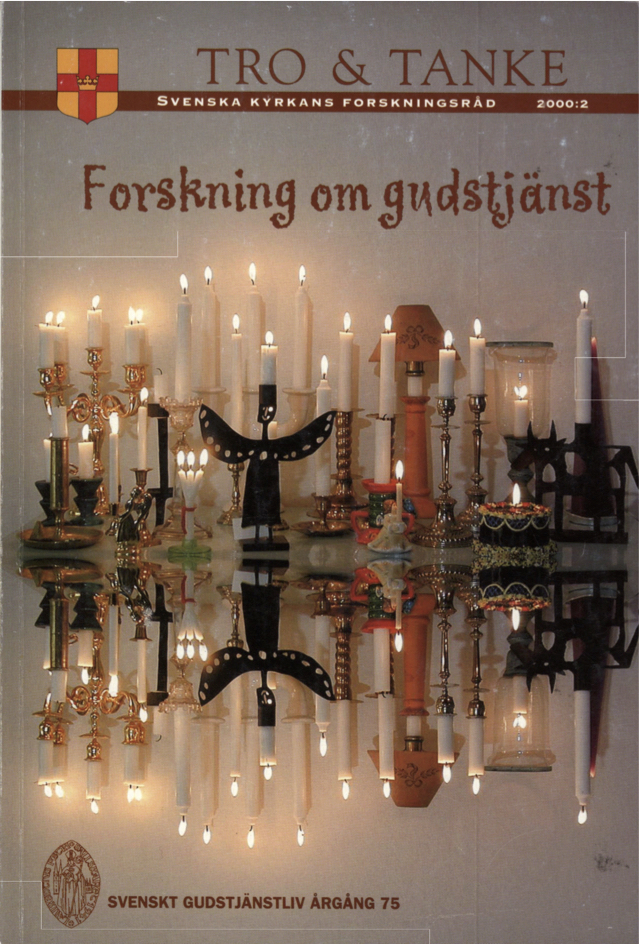Kyrkosyn och gudstjänst. Om ecklesiologiskt studium av liturgi
Abstract
If the Church is the subject in worship, then liturgy is determined by different operative ecclesiologies.
If the study of liturgy could be historical, theological, or empirical, then the same must apply also to the study of the Church: ecclesiology. If ecclesiology is the study of the self-realisation and the self-understanding of the Church, then the study of liturgy becomes an integral part thereof.
Worship—especially sacramental liturgy—and, in the focus of that, the Eucharist, have always been interrelated with the doctrine of the Church. Liturgy has in the Western traditions traditionally been perceived as an applied theology, a theologia applicata. However, under the influence of a broadened concept of ecclesiology, connoting and integrating all aspects of what it means to be Church, liturgy has today been more and more looked upon as an object of a wide range of methods in the framework of ecclesiology. Phenomena like ”liturgical ecclesiology” (Gordon Lathrop) and ”eucharistic ecclesiology” (Aleksander Schmemann et al.) indicate this.
The main factors, which have contributed to the integration of the study of liturgy into the realm of ecclesiology, allow themselves to be arranged into two groups; one is doctrinal in character, the other one has grown out of methodological insights. The doctrinal factor is based on various ecclesiologies depicting the Church as ”a sort of sacrament”. The methodological factor originates from the reflection on the intertwining of doctrine and praxis in a possible understanding of what is a Christian Church and the fact that the one could not be understood without the other.
Downloads
Published
Issue
Section
License
© the authors, Laurentius Petri Sällskapet för Svenskt Gudstjänstliv and Artos & Norma Bokförlag. Copying and using material from Svenskt Gudstjänstliv for scholarly purposes is permitted as long as the source is indicated. For other uses, please contact the respective author as well as the publisher. Special restrictions may apply to images.


